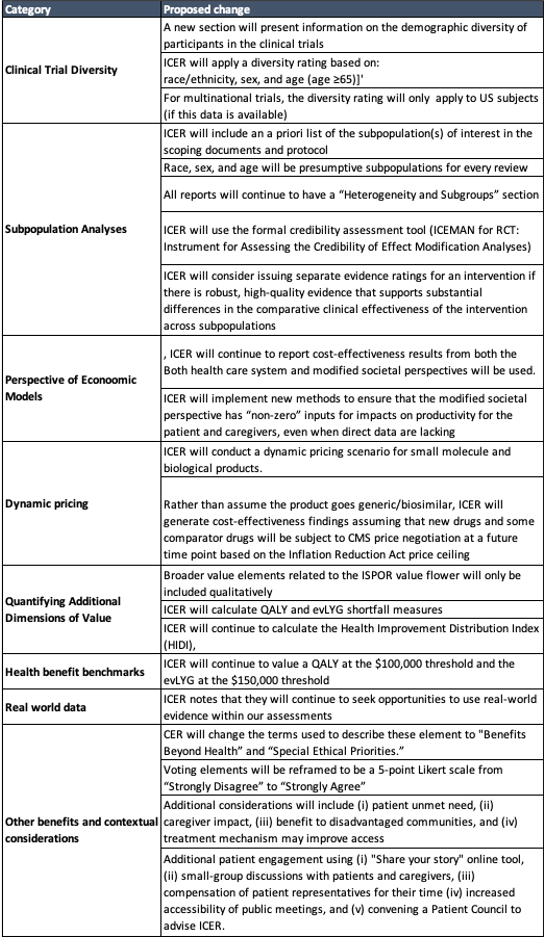[ad_1]
Kaiser Permanente delivered another strong quarter in 2023, in contrast to last year’s multibillion-dollar losses.
On Friday, the Oakland, California-based nonprofit organization reported net income of $2.08 billion in the second quarter, compared with a $1.3 billion loss in the year-ago period. Revenue was up 7.2% to $25.17 billion. Quarterly expenses rose 4.5% to $24.42 billion.
Operating income totaled $741 million, up from $89 million a year ago.
Tom Meier, corporate treasurer, said in an interview that operating income has not fully returned to pre-COVID-19 levels, but the system is making good progress. From 2017 to 2022, Kaiser’s average second-quarter operating income was $772 million, he said.
“It’s not so much the 2023 performance. 2022 was pretty much an all-time low if you go back over the last five years,” Meier said. “We still have a lot of work to do to improve our cost structure and grow our membership and make sure that we can continue to be affordable to be able to support our mission.”
Non-operating income came to $1.34 billion, driven by investment income gained amid favorable financial market conditions, Meier said.
Kaiser is still battling labor shortages, high costs from inflation, and pandemic-related effects on access to medical services, Meier said. Deferred care continues to impact operating costs, but it is much more manageable after the peak last summer, he said. Contract labor costs are also decreasing, he said.
Meier said Kaiser is focusing on cutting administrative costs, but that has so far not led to layoffs.
“If you’re a frontline care worker, those jobs are being filled as fast as we can fill them. If they’re administrative jobs … there’s a process we’re going through to be rigorous around whether there’s an alternate way to provide the administrative services without bringing on additional headcount,” Meier said.
Kaiser said in February it is relocating about 1,200 employees from its Oakland regional campus to Pleasanton, California, in early 2024, as part of a larger office consolidation plan to cut costs. The system said the move will bring significant annual savings. Employees will also be centralized at the main headquarters in downtown Oakland.
In late April, Kaiser announced plans with Danville, Pennsylvania-based Geisinger Health to create a nonprofit entity called Risant Health that would buy up health systems to build a national care network. Kaiser pledged to invest up to $5 billion over the next five years. Meier declined to provide an update on that venture.
[ad_2]
Source link



